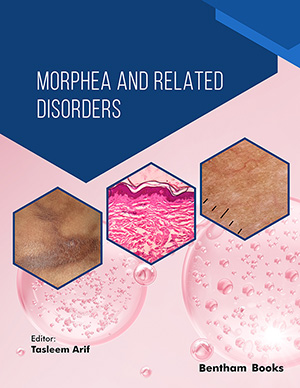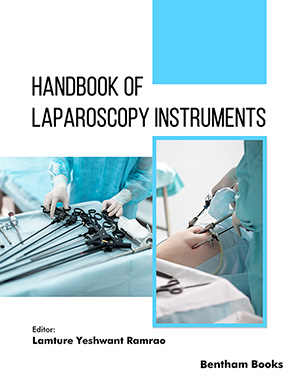Abstract
Although it has been widely suggested that oxidative stress contributes to the pathogenesis of HIV infection, salivary composition and its oxidative related aspects have never been studied in HIV patients, both HAART-treated and untreated. Human saliva and serum were collected and analyzed for various biochemical, redox related and immunological parameters from 43 consenting HIV-infected patients (20 untreated and 23 treated with HAART) and 20 healthy controls, age and gender matched. Saliva composition of HIV infected patients was completely altered but returned to normal following HAART. HIV patients had significantly-increased levels of oxidative stress damaging markers, compared to healthy controls. Carbonyl levels increased by 110% (p=0.005), and superoxide dismutase enzyme (SOD) and antioxidant capacity (ImAnOx) levels by 45% and 16% (0.035) respectively, but returned to normal levels in treated patients (p=0.005, p=0.03 and 0.02 respectively). Also, the significantly-altered salivary composition (pH and lactate dehydrogenase (LDH) enzyme) and concentration (calcium (Ca), magnesium (Mg), albumin, salivary total protein, secretory IgA) of HIV-infected patients reverted to normal following HAART treatment. Salivary analysis may be used for assessing patient status: treated vs untreated, based on the increase or decrease in the concentration of a given salivary parameter in the HIV-untreated group vs controls, and a return to normal following the HAART treatment. Salivary collection is simple, non-invasive and not associated with risk of infection spread. Antioxidants in HIV patients may be recommended, as well as local oral means aimed at resuming salivary functions compromised in HIV patients.
Keywords: Saliva, HIV, AIDS, free radicals, oxidative stress, salivary composition

























